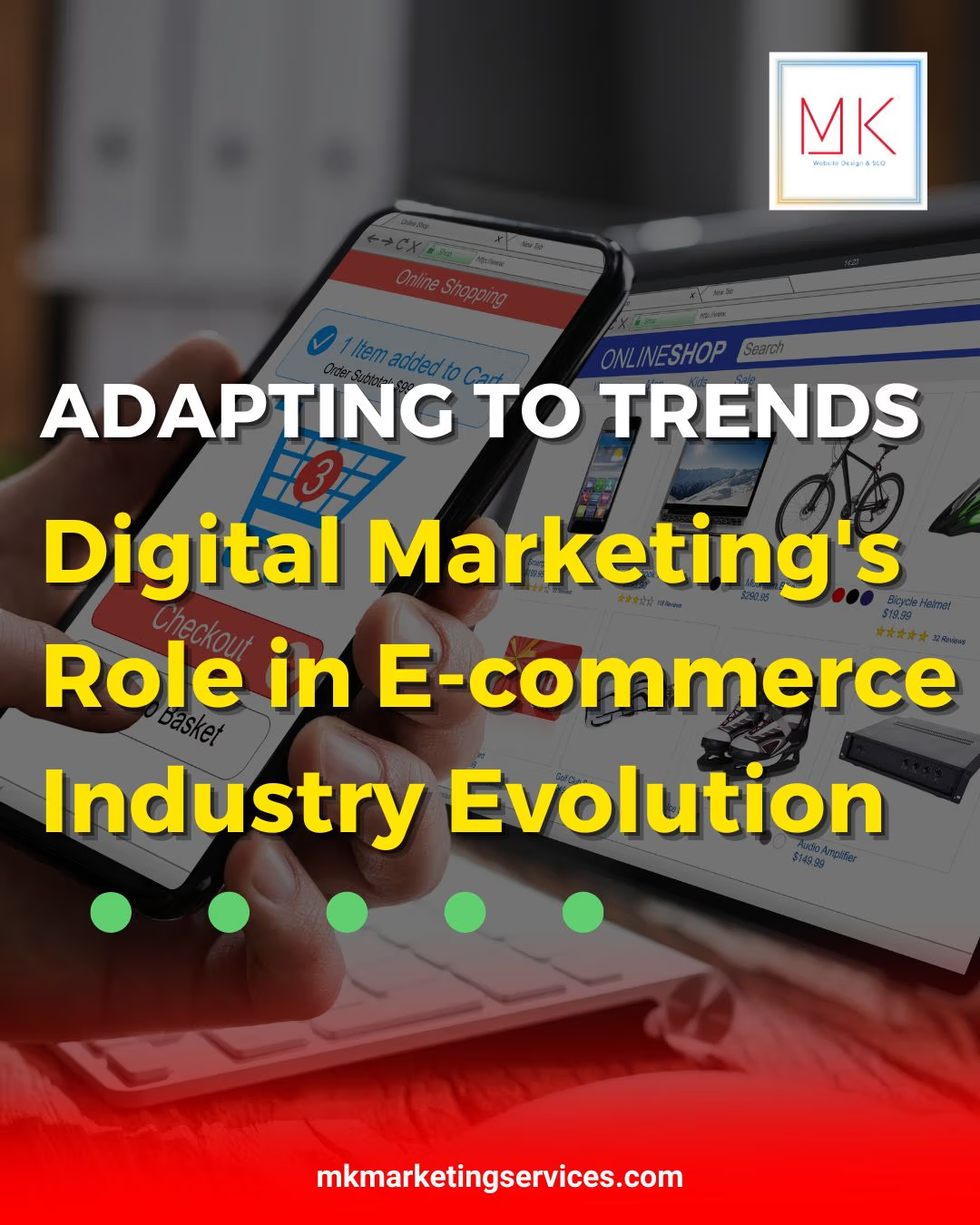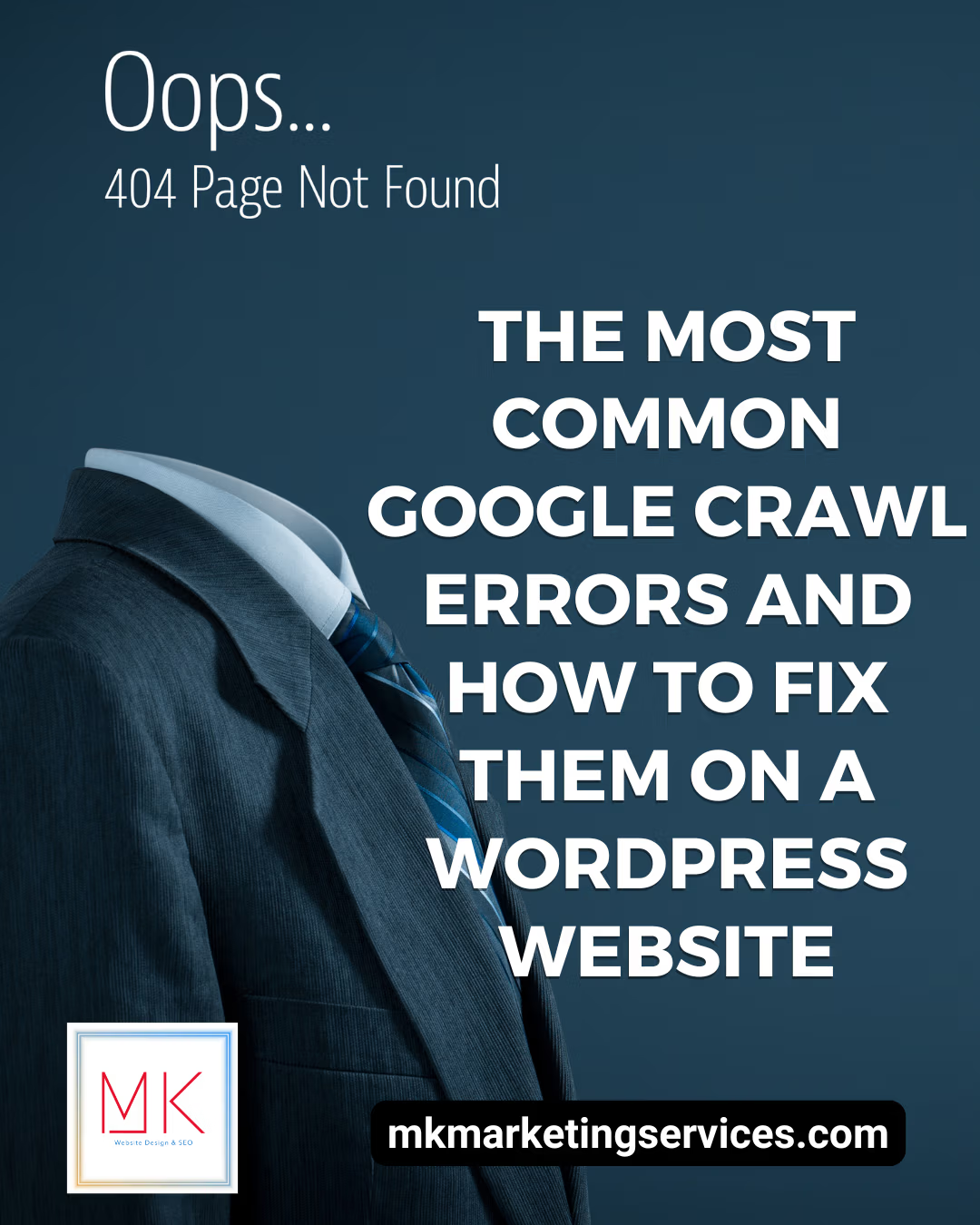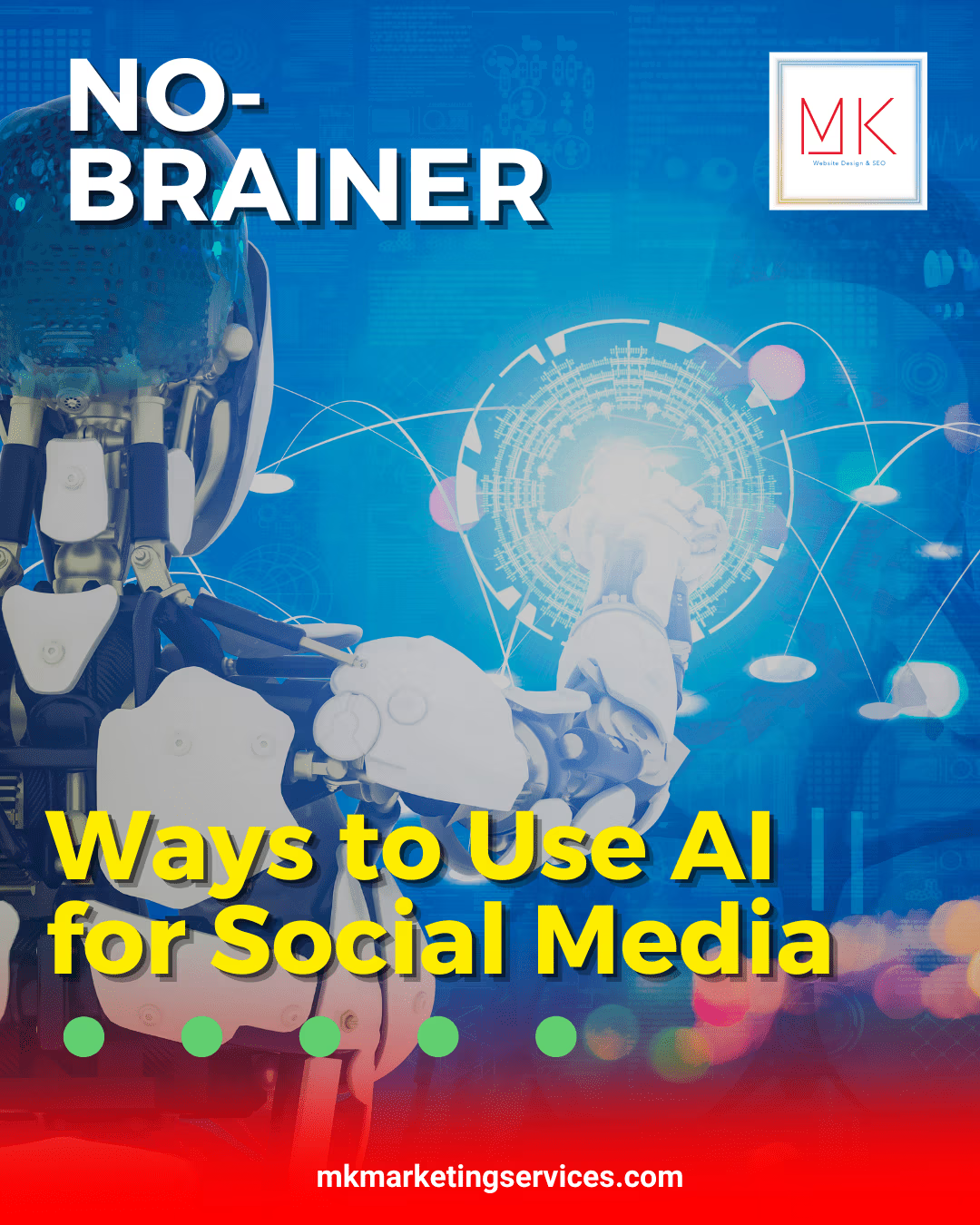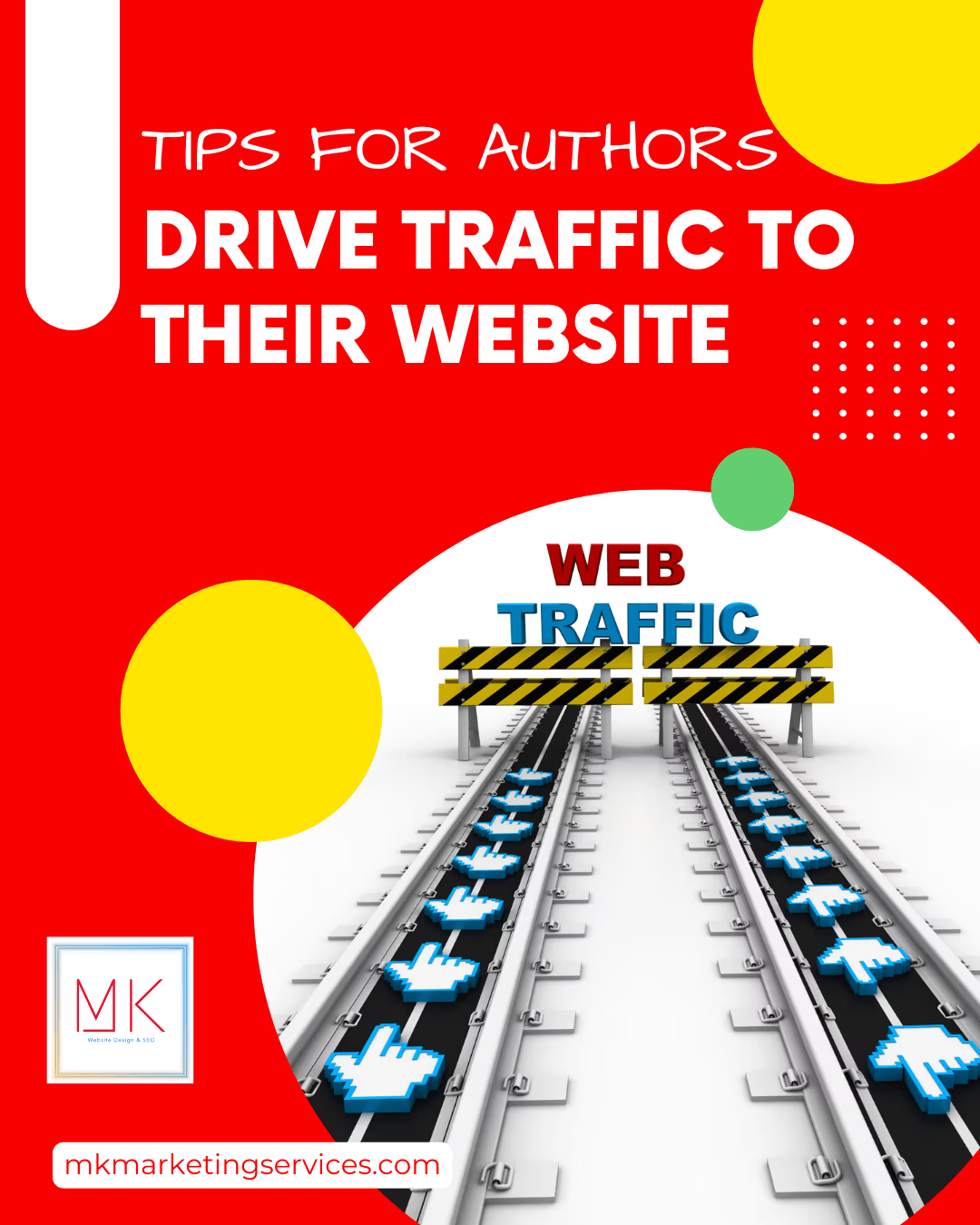With the rise of digital marketing, how has online shopping changed? There has been a tremendous shift in the online retail scene within the last decade. In this change, though, how significant is the role of digital marketing? The rise of e-commerce can be attributed in large part to digital marketing and its emphasis on online techniques. The growing popularity of internet shopping has forced traditional brick-and-mortar retailers to change to meet the needs of their customers. Businesses can now reach more people, establish more credible brands, and adapt more quickly to a dynamic market thanks to digital marketing tactics like search engine optimization (SEO) and social media marketing. This article delves into the impact of digital marketing on the meteoric rise of e-commerce, shedding light on significant themes that shape the modern marketplace.
The Rise of Personalized Marketing
Digital marketing has revolutionized the industry, and one of the biggest changes is the rise of personalized marketing. Companies may now target clients with individualized content thanks to data collection techniques and clever algorithms. The result is an enhanced retail experience. Online retailers, for instance, can tailor product recommendations to individual shoppers by analyzing their actions and demographics. Modern marketing strategies may include targeted email campaigns, product suggestions, and advertisements. Using these methods, you may boost conversion rates and earn customer loyalty. With the use of AI, personalization has become even more efficient and accurate, making it an indispensable tool for online retailers.
Social Media as a Marketing Powerhouse
You can’t promote your online store without social media sites like Instagram, Facebook, and TikTok. Businesses may present their products in innovative and engaging ways while connecting directly with customers on these channels. To target certain audiences, marketers utilize social media influencers, UGC, and sponsored advertisements. As an example, the “Shop Now” features on Instagram make it easy for consumers to buy things. E-commerce companies can boost their brand recognition and consumer engagement by including social media marketing into their overall strategy. No modern digital marketing strategy would be complete without social media, even as it undergoes constant change.
SEO: The Foundation of E-commerce Visibility
E-commerce has also been influenced by search engine optimization (SEO), a key component of digital marketing. By using SEO tactics, businesses can increase the likelihood that their products and services will be found by potential customers conducting relevant search engine queries. Businesses may improve their search engine rankings through keyword optimization, content creation, and website usability. You can’t exaggerate the significance of search engine optimization (SEO) in attracting organic visitors to online stores. To attract new clients and increase revenue, it is a cost-effective strategy. Businesses need to be flexible with their SEO methods if they want to be visible in search results as algorithms get smarter.
The Impact of Content Marketing
In the world of online shopping, content marketing is crucial for establishing credibility and reliability of brands. Social media updates, infographics, videos, and blog articles all gently promote products while providing useful information to buyers. E-commerce companies use content marketing to promote their brand, share stories, and educate customers. For instance, customers can benefit from instructional videos and in-depth product reviews when making purchases. Giving back to the audience is what makes content marketing work. The key to sustainable success in online retail is cultivating loyal customers and keeping them as customers for the long haul.
The Shift Toward Mobile Commerce
The proliferation of smartphones has contributed to the meteoric rise of mobile commerce, sometimes known as m-commerce. It is crucial for e-commerce companies to make their websites mobile-friendly since more and more customers are buying online from their phones and tablets. Regardless of the device a consumer uses, a smooth purchasing experience is guaranteed via mobile-friendly websites, applications, and adaptable designs. Mobile advertising and push notifications are two examples of digital marketing tactics that have shown to be quite successful in reaching mobile users. Companies run the danger of missing out on a lot of money if they don’t adjust to the current trends in mobile shopping. Consequently, digital marketers are putting a lot of effort into mobile optimization.
Influencer Marketing’s Growing Importance
In recent years, influencer marketing has been increasingly popular in the e-commerce sector, especially in certain industries like tech, beauty, and fashion. By promoting things to their massive audiences, influencers can boost sales and establish trust for brands. Collaborations with influential people help firms connect with a more engaged audience, which in turn increases the likelihood of conversions. Micro-influencers, who have a tiny but devoted fan base, are booming in popularity due to the credibility that their suggestions exude. To make sure their partnerships work, e-commerce brands should pick influencers whose beliefs are like their own. As more brands take advantage of these collaborations, the impact of influencer marketing is only going to increase.
Simplifying the Customer Journey
The importance of streamlining the customer journey is rising in tandem with the e-commerce industry’s growth. One Page Shopping, a feature of WooCommerce One Page Shopping. Shopping cart abandonment rates and user satisfaction can both be improved if companies consolidate the whole process onto a single page. Customers may shop, put items in their carts, and pay all in one seamless process. Customers can make purchases more quickly and with less effort because to this method’s elimination of unnecessary steps. This leads to happier customers and more conversions for businesses. To meet the ever-increasing expectations of online buyers, it is crucial to streamline the checkout process.
Email Marketing’s Continued Relevance
Email marketing is still a powerful tool for online stores, even with the proliferation of other digital marketing avenues. Businesses may keep in touch with their customers in a more personal way. Targeted promotions, product announcements, and retargeting campaigns all benefit greatly from email marketing. One strategy to get people to finish their purchases is to send them “abandoned cart” emails. Email marketing initiatives perform better when email lists are segmented according to consumer preferences and actions. Businesses currently need to differentiate themselves by providing unique and valuable content in order to stand out in an inundated inbox with promotional emails. There is a direct correlation between effective email marketing and increased traffic and conversions.
The Role of Analytics in Digital Marketing
When it comes to e-commerce digital marketing, analytics are king. Businesses may keep tabs on client behavior, website performance, and campaign efficacy with the help of tools like conversion tracking, heat maps, and Google Analytics. Marketers, UX designers, and conversion rate optimizers all benefit from data-driven decisions. Business owners may learn a lot about what works and what doesn’t by keeping an eye on customer patterns and behavior. Businesses need to make sure they have analytics tools and a good grasp on how to use data to improve their marketing strategies because data is still a crucial resource.
Conclusion
As the e-commerce business develops, digital marketing will also change. It is imperative for firms to be nimble and adjust to changing consumer tastes and new technology. What lies ahead for digital marketing is going to be determined by how AI, mobile commerce, and personalized marketing methods are integrated. Further, competition will heat up as more companies join the e-commerce arena, necessitating ever more advanced marketing strategies. To maintain a competitive edge, e-commerce companies must constantly test new ideas, adapt to emerging trends, and make the customer’s experience their top priority in their digital marketing campaigns. Being knowledgeable and flexible in this constantly evolving digital world will be crucial for achieving success in the long run.














One Response
Leveraging the right strategies ensures better engagement, stronger brand presence, and long-term growth.